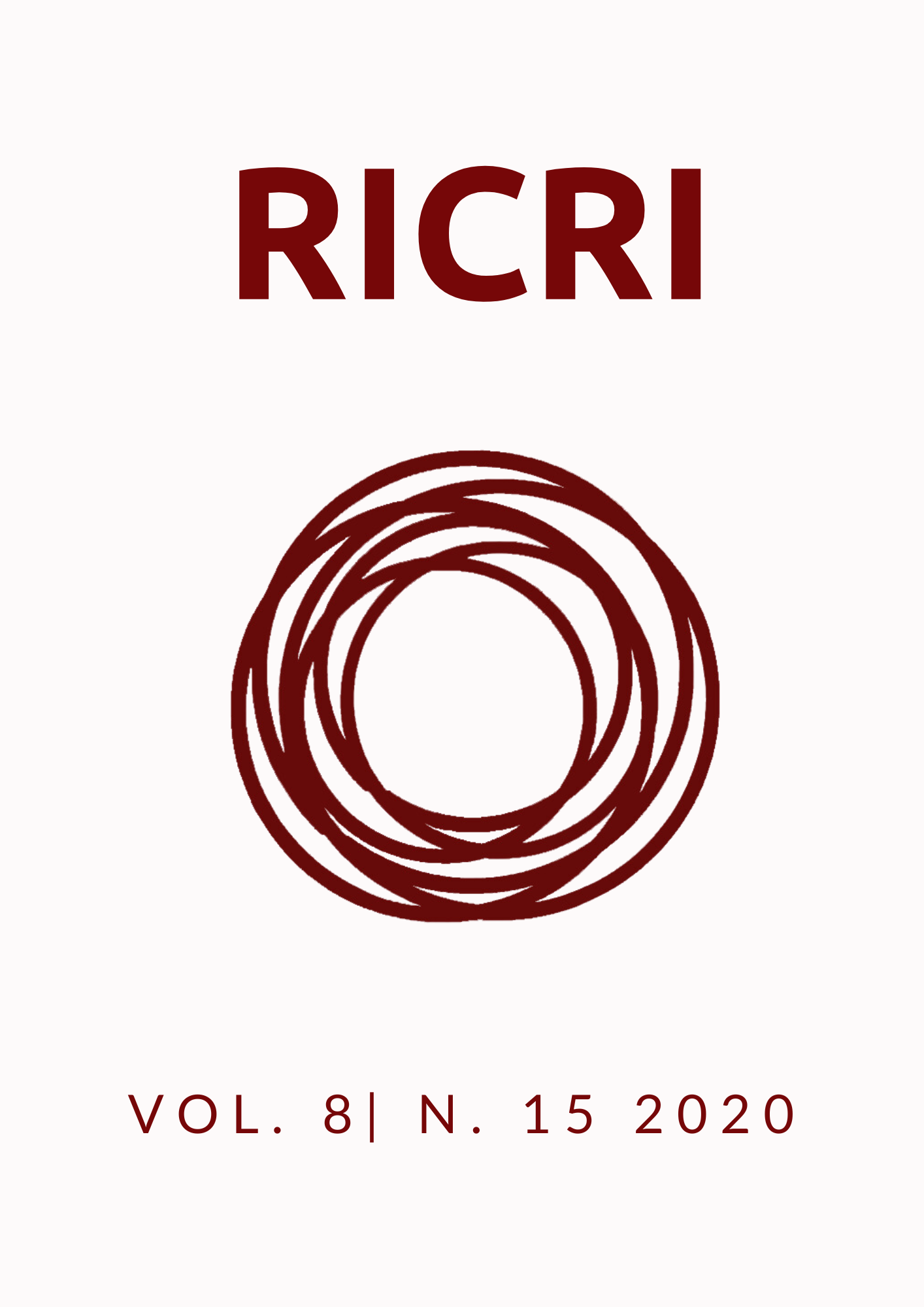O tratamento editorial da "crise" venezuelana nos editoriais da Folha de S. Paulo e do Estado de S. Paulo
DOI:
https://doi.org/10.22478/ufpb.2318-9452.2020v7n15.55632Abstract
Baum and Potter (2018) frame the media as an independent strategic actor and with different incentives and preferences. Given the position of media groups as mediators of information in the midst of two other important actors in the conduct of foreign policy - decision makers and public opinion - the objective here is to analyze two corpus: the first composed of editorials from Folha de S. Paulo and O Estado de S. Paulo; and another containing the speeches released by the Ministry of Foreign Affairs, in order to understand the interactions of this triangulation of actors in the case of the Venezuelan crisis, specifically between March and September 2017, a period that corresponds to the convening of the National Constituent Assembly in Venezuela. The main results point to the existence of alignment in the considerations between the decision makers, the evaluated media groups and the Brazilian public opinion about the Venezuelan crisis, although the incentives and interests that mobilize them are different. The methods used are the semantic analysis of the editorials; content analysis regarding the speeches released by the Ministry of Foreign Affairs; as for public opinion data, statistical analysis was used.
Downloads
Published
How to Cite
Issue
Section
License
Authors who publish with this journal agree to the following terms:
a. Authors retain copyright and grant the journal right of first publication with the work simultaneously licensed under a Creative Commons Attribution License that allows for sharing of work with acknowledgment of its initial publication in this journal.
b. Authors are able to take on additional contracts separately for non-exclusive distribution of the version of the work published in this journal (e.g., post it to an institutional repository or as a book), with an acknowledgment of its initial publication in this journal.
c. Authors are permitted and encouraged to post their work online ( eg, in institutional repositories or on their website) at any point before or during the submission process, as it can lead to productive exchanges , as well as increase the impact and citation of published work ( See the Effect of Open Access).




